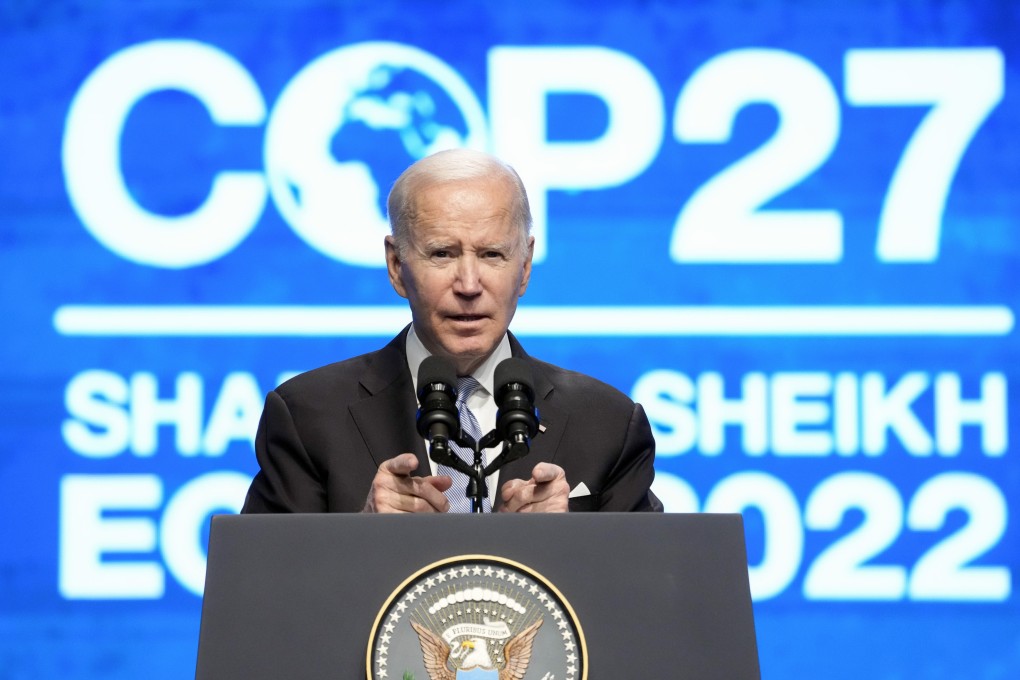My Take | The United States is the real bogeyman of climate change
- China should help fund the Global South to transition to a low-carbon economy, but must avoid Washington’s cynical politicisation of proposed developed countries’ compensation for poor and climate-vulnerable nations

Most mainstream economists and international institutions classify China as a developing country. Even the United States usually does, except when it wants to play politics such as at the COP27 summit in Egypt. When it comes to climate change compensation for poorer nations, Washington suddenly wants to put China in the “developed nation” category.
The cynicism and hypocrisy are breathtaking. For geopolitical one-upmanship over China, the US is willing to put the entire planet at risk. So much for its supposed global leadership.
India and China are pushing for such a compensation fund along with dozens of developing countries. For the first time, financing for “loss and damage” is on the agenda. After decades of denial, high emitters of early industrialisation in the West concede that they should compensate low- and middle-income countries for the effects of climate change.
The US, however, is stalling. By the way, one of its two dominant political parties denies the reality of climate change. Whatever this Democrat administration commits to, the next Republican one that comes along is likely to repudiate it. Any US climate commitment has little credibility.
There have been plenty of such precedents in the last two decades. In 2001, president George W. Bush announced that his country would not implement the 1997 Kyoto Protocol, because that would hold back US economic growth and that there was not enough pressure put on developing countries to limit their emissions.
In 2017, president Donald Trump cited similar reasons for ending all participation in the 2015 Paris Agreement. You can bet the next Republican president will do the same, whatever Joe Biden commits to in Egypt. But given his bad faith in tying China to the proposed developed nations’ compensation fund, he is no climate saint either.
